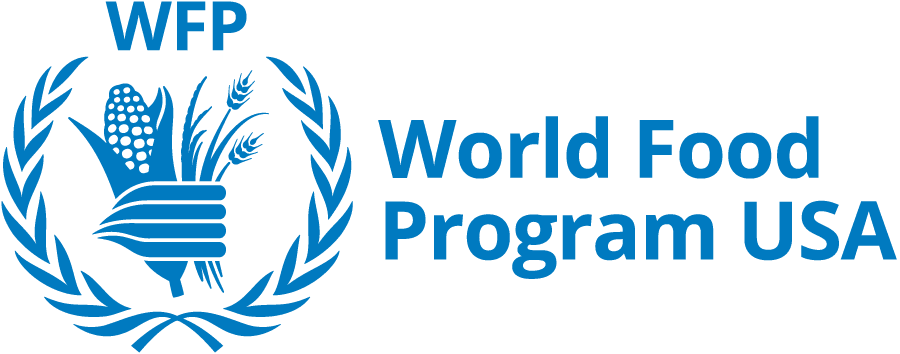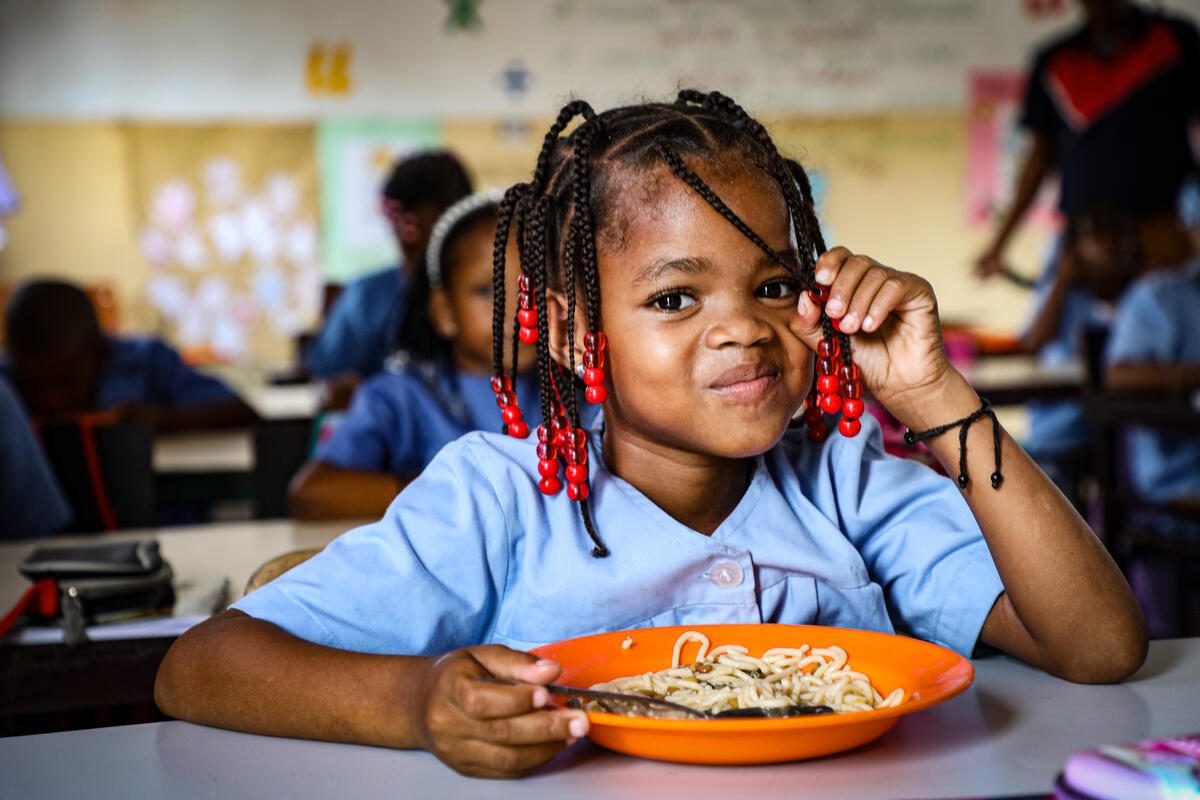Poverty & Instability
Ever since it became independent in 1974, Guinea-Bissau has faced political instability and social unrest – resulting in high levels of poverty. Nearly 70% of Bissau-Guineans people live below the poverty line, living on less than $2 per day





